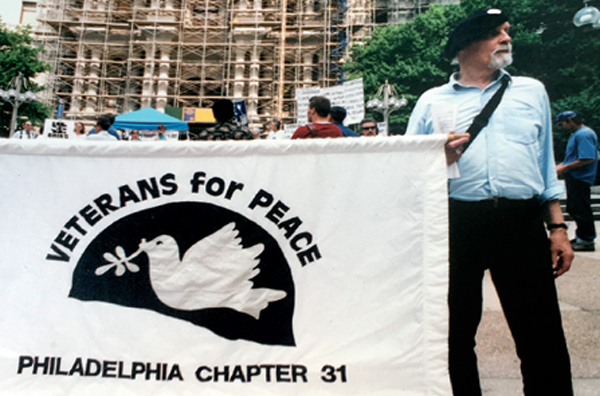connected to science
— SHANNON LOUDEN ’85, via bulletin.swarthmore.edu
VETERANS FOR PEACE

— BILL EHRHART ’73, Bryn Mawr, Pa.
weighing in on investments
— JOEL JAFFE ’65, Beverly Hills, Calif.
Friends Across Boundaries
During World War II, Swarthmore trained Navy officers in engineering, likely preparing many of them to fight in the Pacific Theater. We can be proud that the Japanese Foreign Ministry recognized Swarthmore as a place to develop its young foreign service officers to represent Japan in a new era of peace and (hoped-for) internationalism — and that Swarthmore welcomed them. Yukio was at Swarthmore in 1968–70, during the height of protests of America’s war against an Asian nation. In tributes to Yukio, a common theme is how he managed to be an effective advocate for Japanese interests without hiding his love for America. That combination undoubtedly elicited trust in him by his American counterparts, making it possible to conclude difficult agreements, such as over the U.S. military presence in Okinawa.
Yukio’s character, humanity, and wide-ranging passions imbued both his friendships and his professional accomplishments. Looking at your photo, I hope your readers can discern, as Stephen and I do, the empathy, curiosity, and understated humor that lurk behind his stoic visage.
— ARTHUR BLOCK ’70, New York, N.Y.
